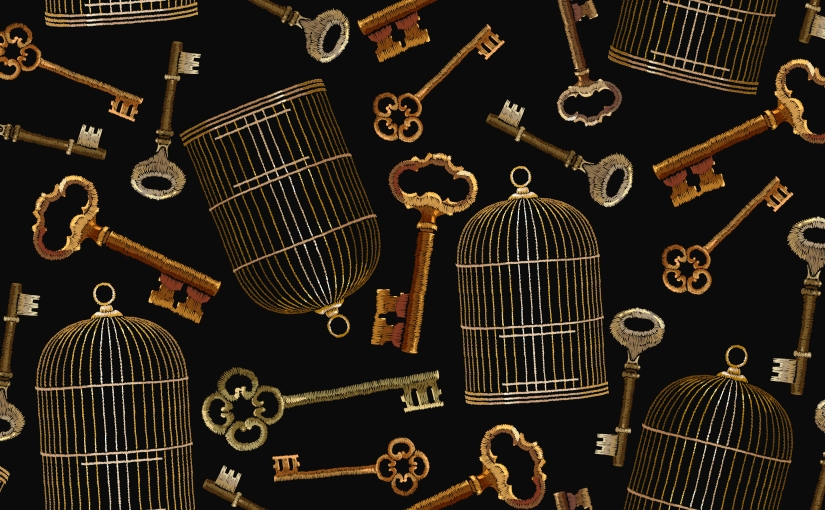I basically grew up in the personal growth / new age world, having been involved with a well-known seminar company from ages 18 to 27. We were taught (and reminded constantly) that everything was up to us. That we create our own reality. That there are no victims. That there is only power and effectiveness in being the cause and source of our own lives. Period.
At the time, the idea of personal responsibility felt empowering and enlightening. At age 18, I took it as an absolute and irrefutable truth (that’s the problem with learning something before one’s prefrontal cortex develops completely). I did my best to live from this idea, always looking to how I “created” a situation and how it may be an opportunity to heal something unhealed within me. Etc.
This orientation to responsibility (like many “super traits” which attract narcissists and which they exploit) is generally a powerful and mature way to be in relationship with someone else — if they are healthy and equally committed to looking within themselves.
But if the person you are with is highly narcissistic, you can bet your sweet bippy they will simply use it against you. In fact, if you want to know whether the person you are involved with is overly narcissistic, just listen to whether or not they acknowledge any responsibility for disagreements between you. (I’m sorry you feel that way ain’t it, by the way!)
Rather, what is typical is that they will pile on to your own self-examination, agreeing that yes indeed, you do need to get over whatever you did that caused the breakdown. You’re lucky they put up with you, given how broken you are and how much personal work you still need to do. (Pardon me while I barf.)
Not only do narcissists love to exploit your own desire to take responsibility and not be a “victim” of life (or them), this orientation can also keep us stuck in toxic relationships. Why? If we are habituated to looking within every time something does not go well, we’ll resist looking externally to see if someone is doing something that is actually and objectively not ok. (By the way, new age cults and those that exploit their members for unpaid labor classically use this model to keep people from questioning their methods and staying involved.)
And so, is the idea of personal responsibility wrong? Not necessarily and not completely. But I have learned it is helpful to find the “and” space between internal and external. For example:
~ I am responsible for my life and what is happening to me is not ok.
~ I stated my needs and the other person used this against me and this is not ok.
~ I am doing my best to be thoughtful, honest, and clear in my communication, and the other person is consistently showing me that they are not capable of this type of healthy dialogue.
~ This situation has something to teach me and maybe I even “created” it for my highest good, and perhaps what I need most to learn is to get the heck out.
If someone is using the idea of personal responsibility against you in a toxic way, whether that is in a group, workplace, or personal relationship, it’s not enlightenment. It’s just a clever manipulation strategy.
—————————-
A professional coach can help you unpack all the treatment you received in a narcissistic relationship/toxic workplace. Contact Ann to talk about one-to-one coaching.
—————————-
ABOUT THE AUTHOR
Ann Betz is the co-founder of BEabove Leadership and an expert on the intersection of neuroscience, coaching, trauma and human transformation. She speaks, trains and coaches internationally, and writes about neuroscience and coaching as well as relational trauma. Ann is also a published poet who loves cats, rain in the desert, and personal responsibility in healthy relationships.









